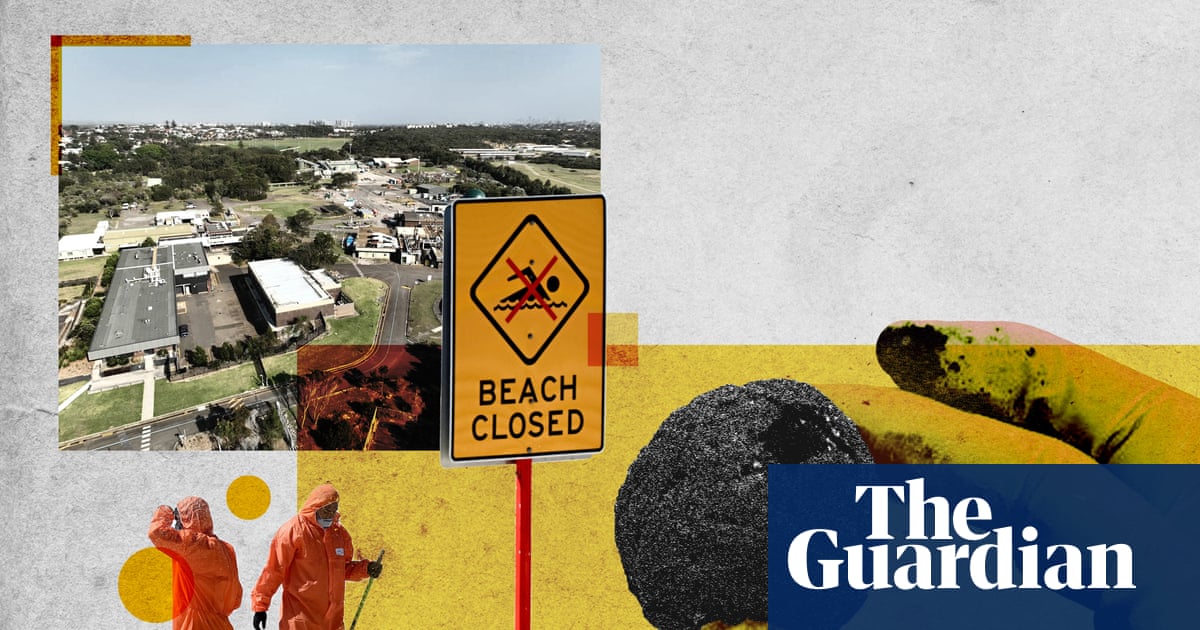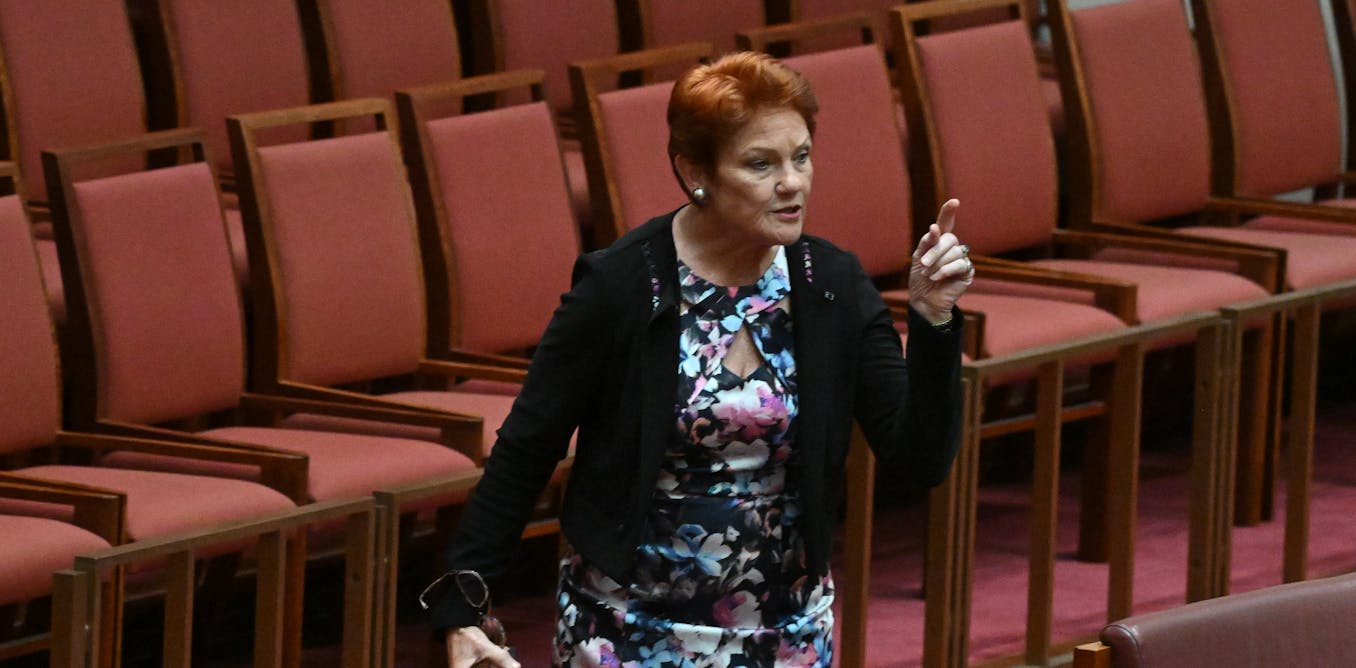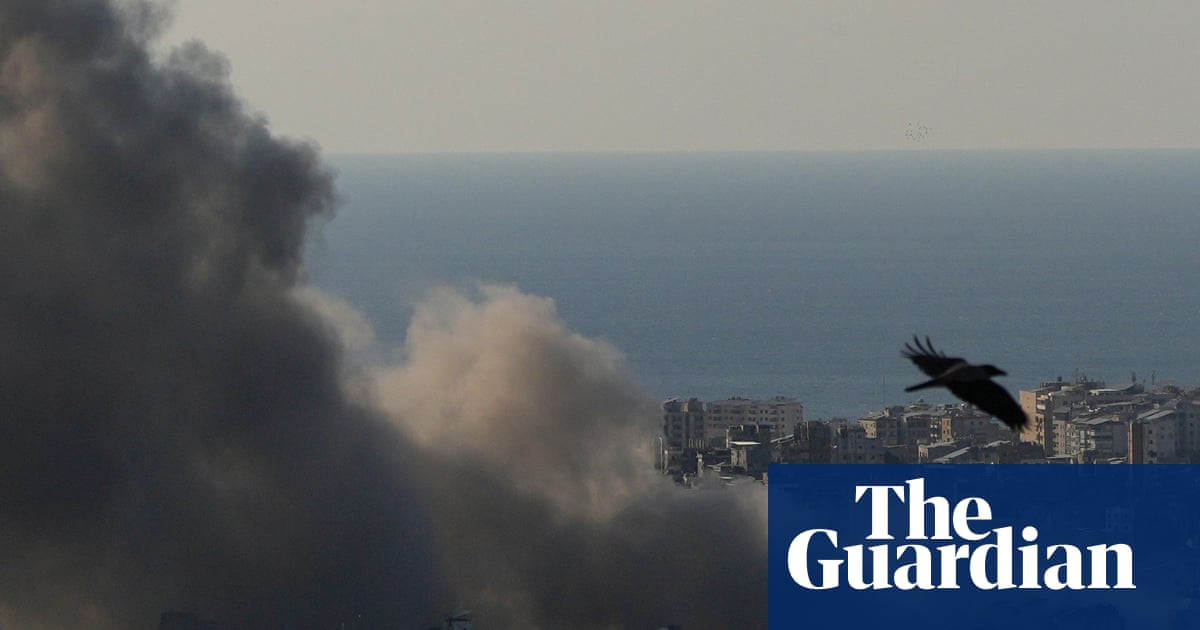
As Australia’s Communications Minister Anika Wells faces criticism over her handling of the Triple Zero network crisis, the government is accelerating efforts to implement a long-recommended watchdog for the emergency service. The scrutiny comes in the wake of repeated failures by telecommunications giant Optus to support emergency calls, raising national concerns over public safety.
Speaking in Sydney, Wells described herself as a “new minister” despite having been in the role for over four months. Her comments followed a meeting with senior executives from Singtel and Optus, where she was questioned about her priorities in balancing industry and regulatory interests. Opposition Leader Sussan Ley criticized Wells, stating that the minister was “not up to the job” and accused her of treating a critical emergency service failure as a minor issue.
Wells, who transitioned to the communications portfolio in May after serving as minister for sport and aged care, has been under pressure to address the vulnerabilities exposed by the Optus network outages. Opposition communications spokesperson Melissa McIntosh emphasized the urgency of the situation, suggesting that Wells should have prioritized domestic issues over international engagements.
Government’s Response and Legislative Efforts
The government is fast-tracking legislation to establish a “Triple Zero guardian,” a role initially proposed over a year ago. This move aims to bolster the existing “Triple Zero custodian” role with enhanced enforcement capabilities. However, the legislative window is narrowing, with only four weeks remaining in the parliamentary session before the year ends.
Wells assured the public that the government is committed to restoring confidence in the Triple Zero system, especially as the country approaches disaster season. “There is no blockage; it is complex work, and if it was easy to complete, it would be done already,” she stated, emphasizing the importance of the ongoing efforts.
International Developments: Peace Plan for Gaza
Meanwhile, Prime Minister Anthony Albanese has expressed support for a new peace plan for Gaza, proposed by former U.S. President Donald Trump and agreed upon by Israeli Prime Minister Benjamin Netanyahu. The plan, which aims to end nearly two years of conflict, includes provisions for Palestinian self-determination and the return of the Palestinian Authority’s control over Gaza.
“Australia welcomes President Trump’s plan to bring peace to Gaza after almost two years of conflict and a devastating loss of civilian life,” Albanese stated, highlighting Australia’s role in international calls for a ceasefire.
The plan’s success hinges on Hamas’s agreement to lay down arms and release hostages, a point of contention that remains unresolved. The proposal has garnered international attention, with various stakeholders expressing cautious optimism about its potential to stabilize the region.
Corporate and Technological Shifts
In the corporate sphere, Optus’s parent company Singtel has been reticent about fully backing Optus CEO Stephen Rue amidst the ongoing crisis. Singtel CEO Yuen Kuan Moon acknowledged the challenges but emphasized that transforming a company takes time. The focus remains on addressing the systemic issues that have plagued Optus since 2022.
In a related development, Australia’s space sector is set to expand with the launch of the Australasian Space Innovation Institute. This new organization aims to commercialize space-based technologies, including satellite systems for maritime security and disaster management, contributing significantly to the national economy.
“There are 10,000 people now employed in the space sector in Australia, and start-ups scaling up $1.1 billion in turnover. This is no small thing,” remarked Science Minister Tim Ayres at the launch event.
Implications and Future Outlook
The unfolding situation with the Triple Zero network underscores the critical need for robust emergency services infrastructure in Australia. As the government moves to implement stronger regulatory measures, the focus will be on ensuring public safety and restoring trust in essential services.
Internationally, the Gaza peace plan represents a significant diplomatic effort, though its success will depend on the cooperation of all involved parties. The developments in Australia’s space sector also highlight the country’s growing strategic interests in technology and innovation.
As these stories continue to evolve, the implications for both domestic policy and international relations remain profound, with potential long-term impacts on Australia’s political landscape and global standing.






